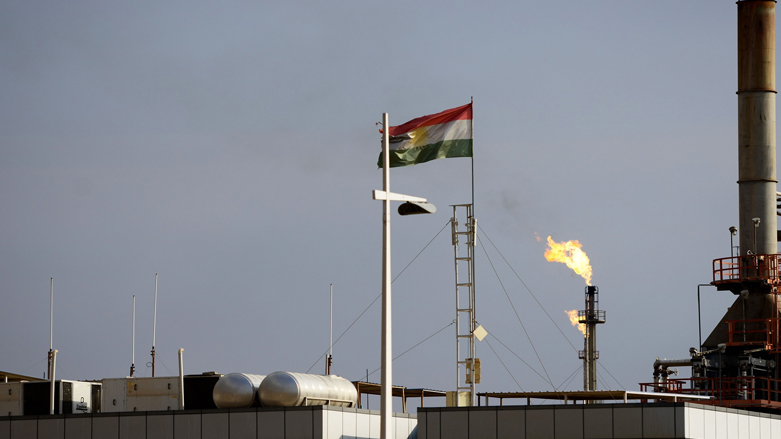Iraqi PM Aligns with U.S. on Kurdistan Oil Exports, Iran Energy Cut: Oil Price
A senior legal source in Washington told 'Oil Price', "The discussion was very frank, and the US Secretary of State impressed upon al-Sudani “the importance the U.S. attaches to Iraq becoming energy independent and to paying U.S. firms working in Iraq what they are owed.”

ERBIL (Kurdistan24) - American website "Oil Price" revealed the content of the recent communication between Mohammed Shia al-Sudani, Prime Minister of Iraq, and Marco Rubio, US Secretary of State.
The website disclosed in its report that Iraq has promised to resume Kurdistan Region oil exports, pay overdue funds to American energy companies operating in Iraq, and halt imports and dependence on energy sources from Iran.
According to the American report, "Iraqi Prime Minister Mohammed al-Sudani suddenly found himself very much in agreement with U.S. Secretary of State Marco Rubio’s idea that the Iraq-Turkey Pipeline (ITP) should be reopened quickly."
A senior legal source in Washington told 'Oil Price', "The discussion was very frank, and the US Secretary of State impressed upon al-Sudani “the importance the U.S. attaches to Iraq becoming energy independent and to paying U.S. firms working in Iraq what they are owed.”
The report also highlighted that the official indicated Washington wants Baghdad to finally stop importing gas and electricity from Iran, while simultaneously wanting immediate permission for the resumption of Kurdistan Region oil exports.
The report also states that if Iraq implements all these steps, the United States will increase investment in Iraq, but if it does not, Washington will quickly impose sanctions on Iraq.
It clarified, "The frankness of Rubio’s delivery may well have been a function of the migraine-inducing intransigence and economic damage associated with the near two-year embargo placed by the Baghdad-based Federal Government of Iraq (FGI) on independent oil exports from the Kurdistan Region of Iraq (KRI) centred in Erbil."
The report further observed that al-Sudani has come to realize that the United States is not receptive to being told to refrain from involvement in Iraq, given that it has contributed tens of billions of dollars in aid over the years. Additionally, it highlighted Washington's belief that successive Iraqi administrations have repeatedly made unfulfilled promises to end reliance on Iranian energy imports, with the expectation that gas and electricity imports would gradually decrease from 40 percent to none.
The website stated in its report that this pattern of deception reached its peak in March of the previous year when Iraq signed a five-year agreement with Iran to continue importing oil and gas.
A senior source closely associated with the European Union's (E.U.) energy security sector recently told OilPrice.com that, in a broader context, the U.S. and its key allies aim for the Kurdistan Region of Iraq to gradually sever all ties with Chinese, Russian, and Iranian companies linked to the Islamic Revolutionary Guard Corps in the long run.
He added, "This could then be used as a bridgehead to re-assert the West’s influence into the rest of Iraq through big investment deals firstly and then related infrastructure developments."
According to the report, a senior Moscow political source recently stated, “Iraq will be one unified country and by keeping the West out of energy deals there."
The report indicates that a key component of this strategy is regaining control over the Kurdistan Region’s primary budget source. It explains that the initial phase of this plan involved Baghdad suspending budget payments, which were originally intended to be provided in return for the resumption of Kurdistan’s oil exports.
The second strategy involved prosecuting foreign oil companies that continued to operate in the region, aiming to prevent them from selling the produced oil.
The third strategy was not taking any significant steps to lift the embargo imposed on Kurdistan's oil.